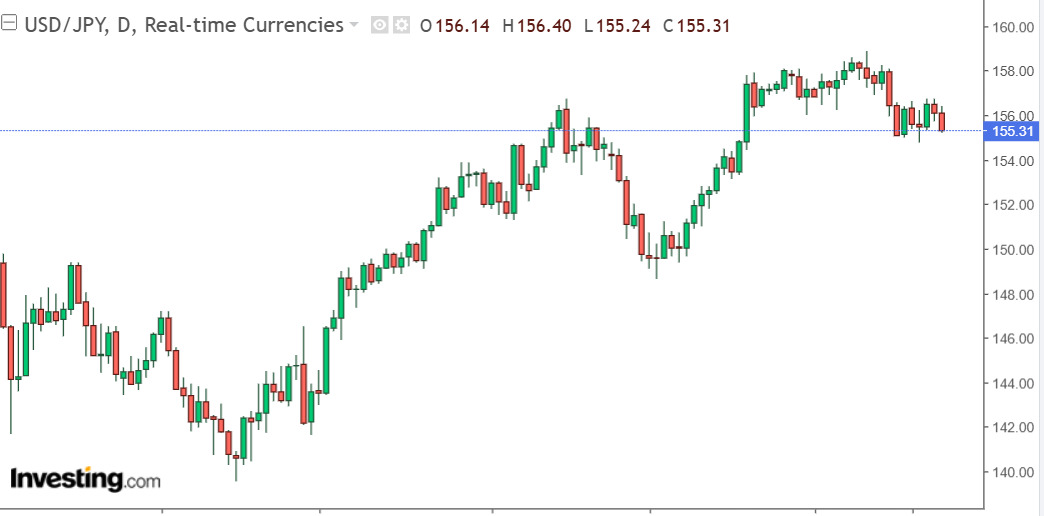The Japanese Yen (JPY) rose after the BoJ raised its key interest rate by 25 basis points (bps) to 0.5%, the highest level since 2008.
However, the intraday rally lacked a breakthrough as traders awaited comments from BoJ Governor Kazuo Ueda at a press conference after the meeting for clues on further rate hikes. In addition, recent optimism over US President Donald Trump’s comments that he did not want to impose tariffs on China also helped limit the safe-haven yen’s gains.
Meanwhile, the prospect of further tightening by the BoJ and expectations of two rate cuts by the US Federal Reserve this year could narrow the interest rate differential between the US and Japan. In addition, lingering concerns that Mr Trump’s trade policies could spark a trade war should provide a tailwind for the JPY.
In contrast, the US Dollar (USD) is hitting a monthly low due to concerns about the impact of the policy conflict between the Fed and Mr. Trump on interest rates, making investors more cautious before betting on the USD/JPY pair.
The Bank of Japan has decided to raise interest rates by 25 basis points, the biggest increase since February 2007, from 0.25% to 0.50% – the highest level since the 2008 global financial crisis.
In addition, expectations that annual wage talks in the spring will yield strong wage hikes in 2025 and expanding inflation in Japan further push the BoJ to raise interest rates.
Data released by the Statistics Bureau of Japan on Friday showed that the national Consumer Price Index (CPI) rose 3.6 percent year-on-year in December, compared with 2.9 percent in the previous month.
Additional details in the report showed Japan's core consumer prices rose in line with expectations, rising to 3.0% from 2.7% in the reported month – the highest since mid-2023.
Meanwhile, the core index – which strips out the impact of both fresh food and energy prices – remained steady and rose 2.4% in December from a year earlier thanks to strong private consumption.
Japan's manufacturing activity contracted for a seventh straight month in January, while services activity grew, a preliminary PMI showed.
Meanwhile, US President Donald Trump, speaking online at the World Economic Forum in Davos on Thursday, said he would pressure the Fed to cut interest rates.
This, combined with signs of easing inflationary pressures in the US, has reinforced expectations that the Fed will cut borrowing costs twice this year, keeping the US dollar near its lowest level in a month.
On Friday, traders will also be watching for the release of preliminary PMIs, which could provide fresh insight into the health of the global economy and potentially impact demand for the safe-haven Japanese yen.
According to Lao Dong, updated at 11:00 a.m. on January 24, the USD/JPY exchange rate is currently fluctuating around 155.31 USD/JPY, meaning 1 USD can be exchanged for about 155 JPY.






